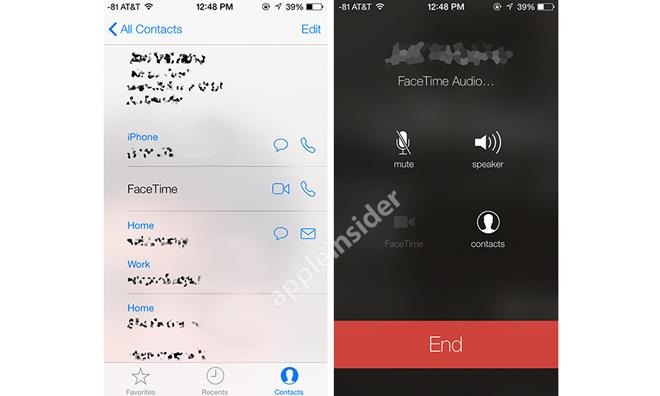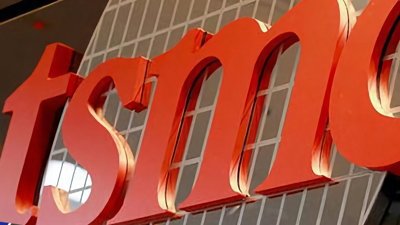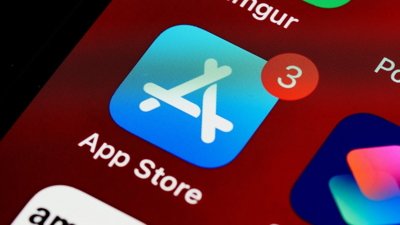Apple is looking to reverse a Patent Trial and Appeal Board ruling upholding the validity of certain patents owned by VoIP-Pal, alleging the VoIP technologies firm secretly lobbied officials presiding over the case without Apple's knowledge.
The claims arrive some two months after the PTAB upheld multiple claims in two VoIP-Pal patents being leveraged in a patent infringement suit against Apple's iMessage and certain Wi-Fi based voice calling features.
According to Apple's lawyers, VoIP-Pal conducted ex-parte discussions with the case's administrative judges, its chief judge and the cabinet secretary in charge of the U.S. Patent and Trademark Office, reports The Recorder. Importantly, VoIP-Pal's contact with the officials went undisclosed to Apple and allegedly resulted in the substitution of three judges who previously issued a preliminary ruling in Apple's favor.
"The record is irrefutable that the board took actions adverse to Apple after receiving Voip-Pals unauthorized ex parte communications asking for that precise result, Adam Seitz, Apples lawyer, wrote in a brief. "The inference of prejudice is inescapable."
Apple says it knew of the communications last May. Why the company failed to notify judges or other PTO officials prior to the case's conclusion is unknown.
Breaking down the series of events that led to the judges' replacement, The Register points to six letters former VoIP-Pal CEO Thomas E. Sawyer sent to PTAB Chief Judge David Ruschke and Commerce Secretary Wilbur Ross. Each letter, posted to the firm's website last year, is critical of the PTO's handling of the Apple case.
Sawyer in a letter dated May 1, 2017, identified potential conflicts of interest between Apple and the administrative judges presiding over the case. Two of the three jurists worked at law firm Fish & Richardson, which represented Apple in a separate patent case, with one judge directly tied to court proceedings. The third judge previously worked at AT&T, which was also involved in the Fish litigation.
Though the judges were replaced without explanation Sawyer continued to send complaints to Ruschke, asking why the preliminary ruling in Apple's favor was not nullified. He later escalated his concerns to Ross.
VoIP-Pal in past public communications claims Sawyer acted independently of the company. However, Sawyer in an October letter says he continues to work for VoIP-Pal as an advisor, adding that he consults with company lawyers. Officially, the former executive served as CEO from 2013 to 2014, then as a special advisor and consultant until April 2017.
Apple in its brief alleges Voip-Pal "knew about and assisted in Dr. Sawyers ex parte communications with the board designed to influence this proceeding," flouting procedural rules. While Apple was made aware of Sawyer's May and October letters, VoIP-Pal failed to disclose communications sent in June, July and August.
According to the report, Apple is not accusing the PTAB of wrongdoing in its decision to replace the three administrative judges. Though a reason was not specified, it can be assumed the board was acting on VoIP-Pal's allegations of bias.
"The common-sense problem with removing a judge (or an entire panel of judges) in the face of bias allegations after a substantive decision has been rendered is that the newly appointed adjudicators necessarily assume the task of fixing what led to the substitution in the first place (a task that VoIP-Pals subsequent ex parte communications demanded), the filing reads.
Apple is requesting the board vacate its decision or find in favor of Apple as a sanction against VoIP-Pal for its alleged misdeeds, the report said.
 AppleInsider Staff
AppleInsider Staff







-m.jpg)






 Malcolm Owen
Malcolm Owen
 William Gallagher
William Gallagher
 Andrew O'Hara
Andrew O'Hara

 Sponsored Content
Sponsored Content
 Charles Martin
Charles Martin










10 Comments
If they knew this was happening then why didn’t they say something before the verdict was reached?
Agreed w you on that.... “over ruled”
voiP had been around before imessage, Skype was way ahead than Apples. I have voip tel services at home before iMessages.
Come on now....